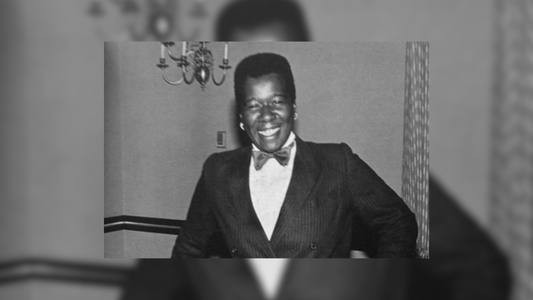At the heart of every thriving democracy lies a fundamental principle: the right to vote. This seemingly simple act is the cornerstone of democratic governance, allowing citizens to have a say in how they are governed and ensuring that power remains in the hands of the people. Defending voter rights is not just about preserving a single democratic process; it’s about upholding the very essence of fairness, equality, and representation. Here’s why safeguarding voter rights is crucial and what it means for the health of our democracy.
1. Protecting Democracy’s Integrity
Voting is the primary mechanism through which citizens express their will and hold their leaders accountable. When voter rights are defended, the democratic process functions as intended—reflecting the true preferences and needs of the electorate. Undermining these rights can erode trust in the electoral system and, by extension, in the very foundations of democracy itself. Protecting voter rights ensures that every eligible citizen can participate in choosing their representatives and shaping the future of their country.
2. Ensuring Fair Representation
Fair representation hinges on every eligible voter having the opportunity to cast their ballot without barriers or discrimination. When voter rights are compromised, certain groups may be disproportionately affected, leading to skewed representation that doesn’t accurately reflect the diversity and demographics of the population. Defending voter rights helps ensure that all voices are heard and represented, fostering a more inclusive and equitable political landscape.
3. Preventing Disenfranchisement
Historically, certain groups have faced significant barriers to voting—whether due to race, gender, socio-economic status, or other factors. Defending voter rights means actively working to dismantle these barriers and prevent disenfranchisement. This includes advocating for accessible polling places, fair voter ID laws, and measures to protect against voter suppression tactics. Ensuring that every eligible voter can exercise their right without undue difficulty is essential for a just and representative democracy.
4. Upholding the Principle of Equality
Voter rights are intrinsically linked to the principle of equality. In a democracy, every citizen’s vote should carry the same weight, regardless of their background or status. Defending voter rights means fighting against practices that seek to dilute or undermine the voting power of certain groups. This commitment to equality ensures that the democratic process remains fair and just for all individuals.
5. Encouraging Civic Engagement
When people see that their voter rights are protected and valued, they are more likely to engage in the democratic process. Knowing that their vote matters can inspire greater participation in elections, public debates, and community involvement. Defending voter rights, therefore, not only safeguards the act of voting but also promotes a more engaged and active citizenry.
6. Responding to Modern Challenges
In the digital age, voter rights face new challenges, such as cybersecurity threats, misinformation, and attempts at voter manipulation. Defending voter rights requires vigilance and adaptation to these evolving threats. This includes ensuring robust election security, combating disinformation campaigns, and maintaining transparency and trust in the electoral process. Addressing these modern challenges is vital for preserving the integrity of elections and protecting voters from new forms of disenfranchisement.
How to Defend Voter Rights
Defending voter rights is a collective effort that involves individuals, communities, and institutions working together. Here are some ways you can contribute:
- Advocate for Fair Policies: Support and advocate for policies that protect and expand voter access, such as automatic voter registration, early voting, and measures to prevent voter suppression.
- Educate Yourself and Others: Stay informed about voter rights and share that knowledge with others. Understanding the nuances of voter rights helps empower individuals to stand up against injustices and participate effectively in the electoral process.
- Get Involved: Volunteer with organizations that work to protect voter rights, help with voter registration drives, or participate in efforts to monitor elections and ensure fair practices.
- Hold Elected Officials Accountable: Engage with your representatives and demand that they prioritize and protect voter rights. Advocate for transparency, accountability, and reforms that strengthen the democratic process.
In conclusion, defending voter rights is not just a responsibility but a vital contribution to the health and integrity of democracy. By ensuring that every eligible citizen can exercise their vote freely and fairly, we uphold the principles of equality, representation, and civic engagement. In doing so, we not only protect the democratic process but also reaffirm our commitment to a government that truly reflects and serves the people.




